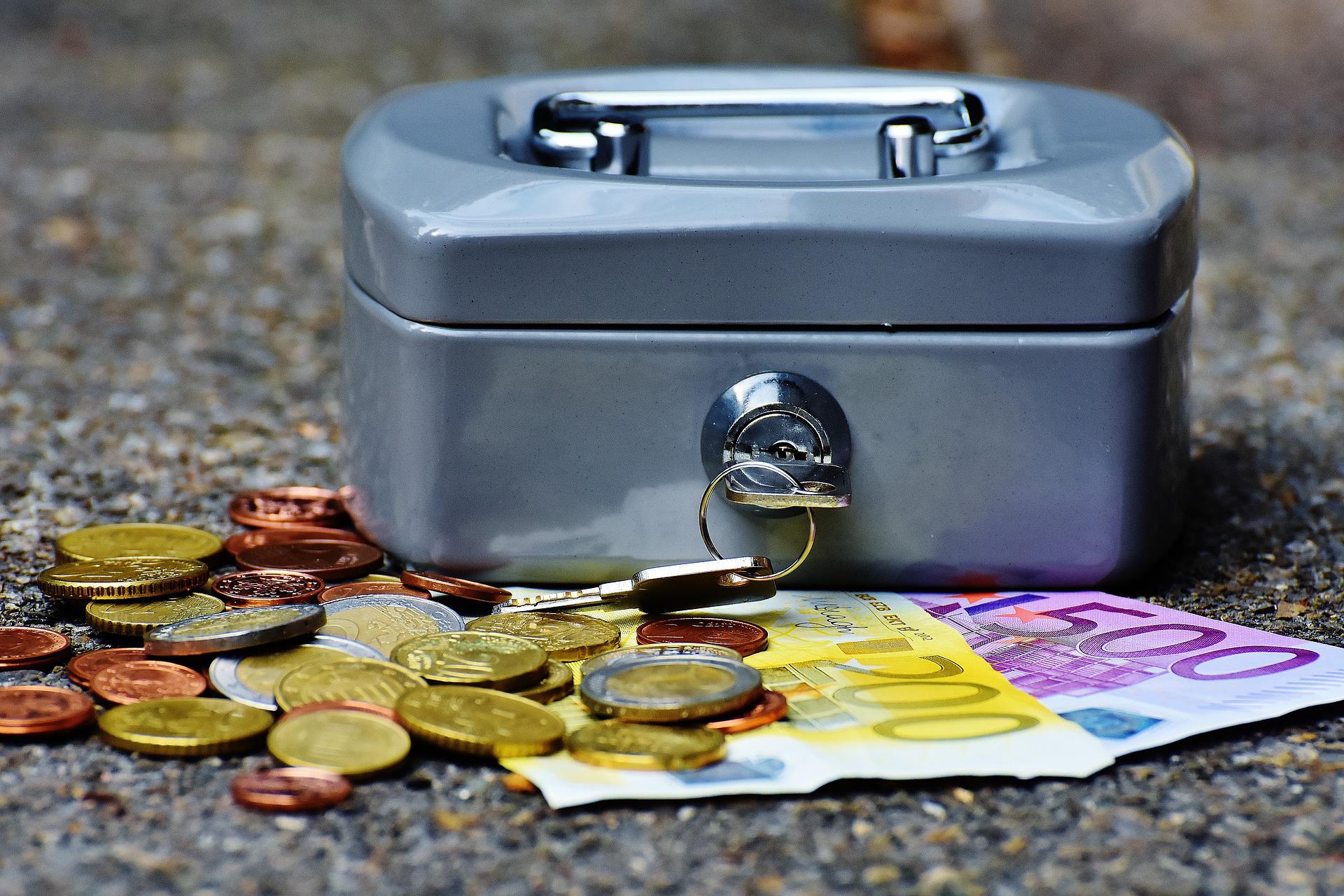
Retail sales at a historic low – what to expect in the near future?
Consumer sentiment has never been as low as in recent months. The German Food Industry Association is warning of the deepest crisis in 70 years. In many areas, further price hikes are expected by late summer or early autumn.
Decline in consumption not unexpected
During their regular monthly financial reviews, retailers have long felt that consumers are spending less and less, as high inflation is holding back consumption in retail trade. In June, the German retail sector suffered the steepest drop in turnover since data collection began in 1994. Sales fell by 8.8 per cent year on year, according to the Federal Statistical Office. Retail trade recorded a 7.2 per cent decrease in food sales compared to the same month a year earlier. Sales are at their lowest level since June 2016.
Der #Einzelhandel in Deutschland hat im Juni 2022 voraussichtlich weniger umgesetzt als im Vormonat Mai 2022 (-1,6 %) und weniger als im Vorjahresmonat Juni 2021 (-8,8 %). Der #Umsatz mit Lebensmitteln fiel auf den tiefsten Stand seit Juni 2016. Mehr: https://t.co/vQhyPgDYEi pic.twitter.com/F75cZ2IMul
— Statistisches Bundesamt (@destatis) August 1, 2022
Trade in textiles and clothing, shoes and leather goods is also suffering from the current economic situation, with a decline of 10.1 per cent compared to the same month last year. Sales dropped by 13.6 per cent from the pre-pandemic level in June 2019. This decline was probably mainly due to the rise in prices, statisticians explain, pointing out that weak consumer sentiment is likely to continue to impact sales in the coming months.
Biggest crisis in 70 years
Meanwhile, the German Food Industry Association has warned that the food industry is to face its biggest crisis of the past 70 years. Christoph Minhoff, the head of the association, says the country is in urgent need of a plan to ensure stable energy supplies. In his view, the entire value chain, including logistics and transportation, suppliers and the packaging industry, is of systemic importance and is threatened by crop failures in recent years, coronavirus-related supply shortages, the war in Ukraine and gas supply shortages. He also recalls in a newspaper interview that although the food industry has switched to gas a few years ago for sustainability reasons, now it’s facing problems due to insufficient supplies.
„At the moment, no one can say for sure when prices will stabilise again and at what level,”
the head of the German Food Industry Association said, adding that the uncertain market situation calls into question the German government’s plan to introduce a 30 per cent organic farming quota in Germany by 2030.
The rest of the summer will bring more price hikes
Prices have risen steeply in recent months, but many price hikes are still to come, say economic players and experts. What is certain is that the price of bakery products will rise sharply in the coming months.
Taxi fares will become even more expensive during the rest of the summer. Many taxi companies are struggling with high fuel prices and the increased minimum wage will also come into play from the beginning of October. Taxi fares have been increasing since early June, Michael Oppermann, the managing director of the taxi association, told the Frankfurter Allgemeine Zeitung newspaper, adding that he expects an increase of 20-30 per cent in the near future.
Alcohol prices will also continue to rise in the coming period. According to Holger Eichele, executive director of the brewers’ association, the industry is currently in the process of a price adjustment, which has already been announced for autumn 2021, so this should not come as a big surprise to consumers. One reason for the further increase is that beer malt costs almost twice as much as it did a year earlier.
Germans will also be unable to avoid further price hikes when it comes to parcel delivery. From August, Hermes will charge up to 40 cents more for sending parcels, but it’s not the only parcel service to have increased its prices. Recently, Deutsche Post has also started charging a few cents more, with DPD also announcing higher fees.
Even those who do not heat with gas have to dig deeper into their pockets as the price of wood pellets has skyrocketed in recent weeks. Currently, the price of a tonne of pellets is around 700 euros, compared to around 200 euros a year ago. Experts disagree on how much further prices will rise, but there are no positive scenarios.
Price hikes won’t stop in the autumn
Soft drinks producers are expected to raise prices in early autumn. Retailers are also preparing to raise prices as a result, according to a survey by the Ifo economic research institute.
Public transport will also be more expensive from September, when the so-called „9 euro ticket” measure introduced by the government will expire. Although the old fares will be in place for a while, many transport companies already know that they will need to raise their tariffs. Usually, such increases do not affect all tickets equally and, for seasonal ticket holders, certain exceptions may apply.
Those who heat their homes with gas will likely have to dig elbow-deep into their pockets, as gas consumers are expected to pay a new tax from October, in line with a recent decision by the federal government. Economy Minister Habeck expects hundreds of euros of extra fees per household per year, and this comes on top of the already record high gas prices.
Tags:

